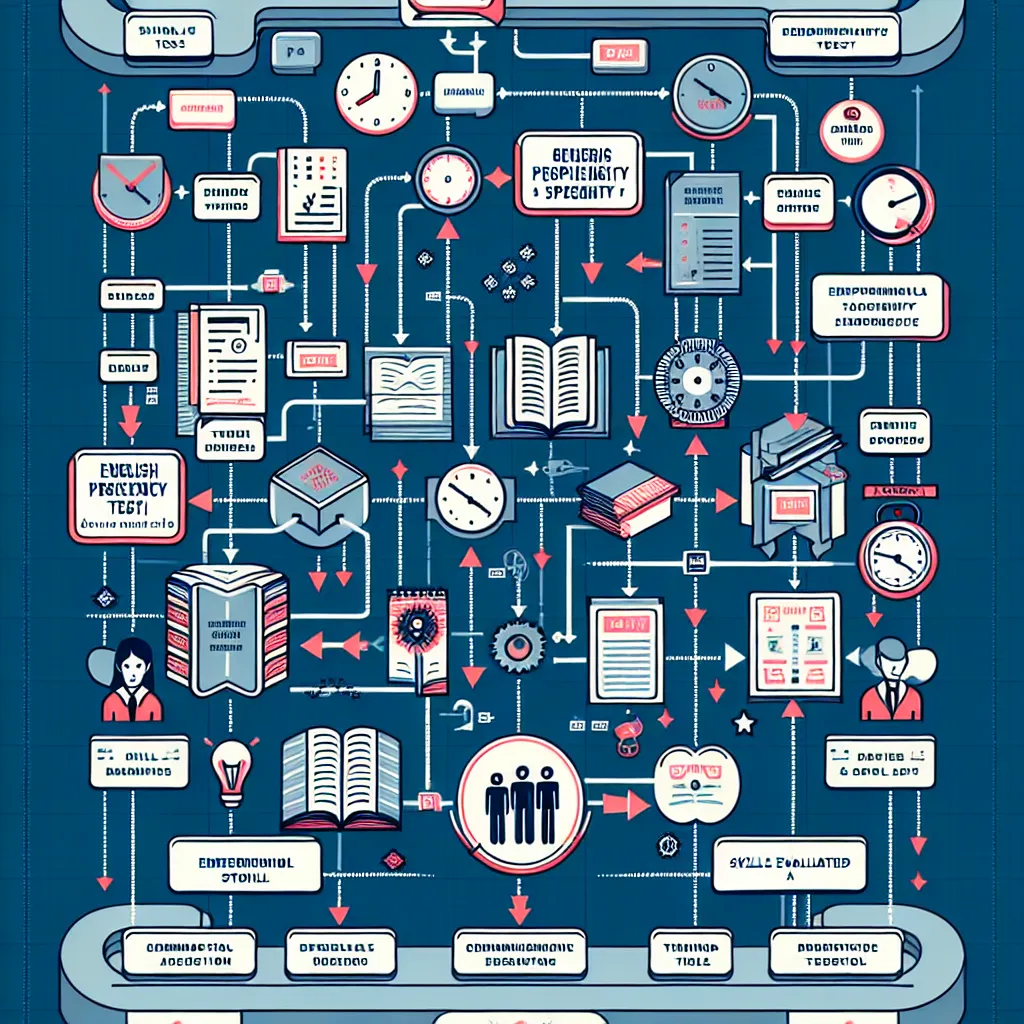Are you considering taking a Cambridge English exam but unsure which level to choose? The decision between Cambridge B2 First and C1 Advanced can be crucial for your language learning journey. In this comprehensive guide, we’ll explore the key differences between these two popular exams and help you determine which one is right for you.
Understanding the Cambridge English Qualifications
Before diving into the specifics of B2 First and C1 Advanced, it’s essential to understand where these exams fit within the Cambridge English Qualifications framework.
The Common European Framework of Reference (CEFR)
Cambridge English exams are aligned with the Common European Framework of Reference for Languages (CEFR), which provides a standardized measure of language proficiency across Europe and beyond.
- B2 First corresponds to the B2 level on the CEFR scale
- C1 Advanced corresponds to the C1 level on the CEFR scale
 Cambridge English Qualifications Framework
Cambridge English Qualifications Framework
Cambridge B2 First: An Overview
What is B2 First?
B2 First, formerly known as FCE (First Certificate in English), is designed for upper-intermediate level English learners. It demonstrates that you can:
- Understand the main ideas of complex texts
- Communicate with native speakers with a degree of fluency
- Produce clear, detailed text on a wide range of subjects
Key Features of B2 First
- Four papers: Reading and Use of English, Writing, Listening, and Speaking
- Typically takes around 3 hours and 30 minutes to complete
- Results are reported on the Cambridge English Scale
Cambridge C1 Advanced: An Overview
What is C1 Advanced?
C1 Advanced, previously called CAE (Certificate in Advanced English), is aimed at advanced English language learners. It shows that you can:
- Understand a wide range of demanding, longer texts
- Express ideas fluently and spontaneously
- Use language flexibly for social, academic, and professional purposes
Key Features of C1 Advanced
- Four papers: Reading and Use of English, Writing, Listening, and Speaking
- Takes approximately 4 hours to complete
- Results are also reported on the Cambridge English Scale
Comparing B2 First and C1 Advanced
To help you make an informed decision, let’s compare these exams across several key areas:
1. Language Proficiency Level
- B2 First: Upper-intermediate (B2 on the CEFR scale)
- C1 Advanced: Advanced (C1 on the CEFR scale)
The primary difference lies in the complexity of language and tasks you’ll encounter in each exam.
2. Exam Structure
Both exams have similar structures, but C1 Advanced is generally more challenging:
- Reading and Use of English: C1 Advanced has more complex texts and language use questions
- Writing: C1 Advanced requires more sophisticated writing skills and a broader range of text types
- Listening: C1 Advanced features more challenging audio materials and tasks
- Speaking: C1 Advanced expects a higher level of fluency and more in-depth discussions
3. Career and Study Opportunities
- B2 First: Widely recognized by employers and educational institutions for work or study in an English-speaking environment
- C1 Advanced: Opens up more opportunities for high-level academic programs and professional positions requiring advanced English skills
4. Preparation Time and Effort
- B2 First: Generally requires less preparation time, suitable for those with a good foundation in English
- C1 Advanced: Typically needs more intensive preparation and a higher starting level of English proficiency
 Cambridge Exam Preparation
Cambridge Exam Preparation
Which Exam Should You Choose?
To determine which exam is right for you, consider the following factors:
-
Current English Level: Take a practice test or consult with a teacher to assess your current level. If you’re comfortably at B2 level, start with B2 First. If you’re already beyond B2, consider C1 Advanced.
-
Future Goals: Think about your academic or career aspirations. If you’re aiming for top universities or high-level professional positions, C1 Advanced might be more beneficial.
-
Time and Resources: Evaluate how much time you can dedicate to preparation. C1 Advanced typically requires more intensive study.
-
Confidence and Stress Management: Choose the level that challenges you without overwhelming you. Success in B2 First can boost your confidence for tackling C1 Advanced later.
-
Recognition: Research which qualification is more recognized or required in your field or by your target institutions.
Tips for Success in Cambridge Exams
Regardless of which exam you choose, here are some tips to help you prepare effectively:
-
Immerse Yourself in English: Read English news, watch English movies, and practice speaking with native speakers or language exchange partners.
-
Use Official Cambridge Resources: Invest in official preparation materials and practice tests to familiarize yourself with the exam format.
-
Focus on Weak Areas: Identify your weaknesses through practice tests and allocate more time to improving these skills.
-
Time Management: Practice completing tasks within the given time limits to improve your speed and efficiency.
-
Seek Feedback: Work with a teacher or tutor who can provide constructive feedback on your performance, especially for speaking and writing tasks.
Conclusion
Choosing between Cambridge B2 First and C1 Advanced is an important decision in your English learning journey. By carefully considering your current level, goals, and resources, you can select the exam that will best showcase your skills and open up new opportunities.
Remember, both qualifications are highly respected and can significantly boost your academic and professional prospects. Whichever you choose, dedicated preparation and consistent practice will be key to your success.
Are you ready to take the next step in your English language journey? Share your thoughts and experiences in the comments below, and don’t forget to check out our other articles on Cambridge exam preparation strategies and English language proficiency tests for more valuable insights!




